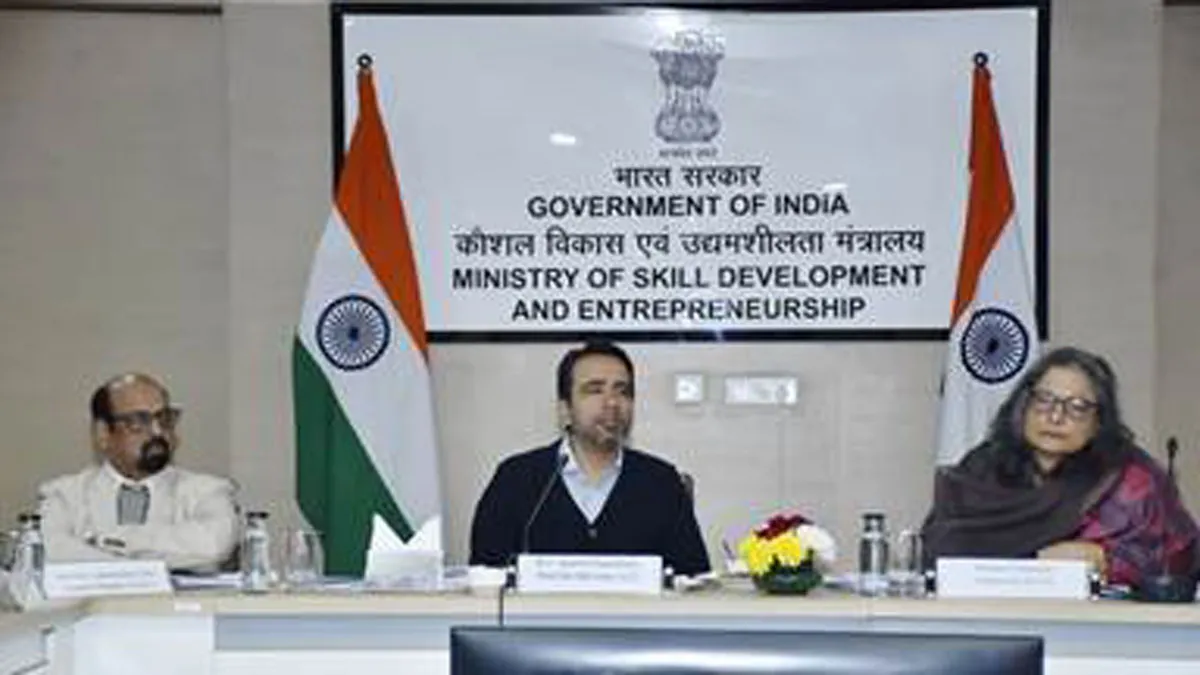Proposed to protect the consumers from fraud and cheating by builders; will RERA ever see the light of the day or will it grant way for malpractices?
Shriyal Sethumadhavan questions...
A builder does not have the land to execute his plan and is awaiting approvals for launching his project. Yet, he announces the project in the press and begins to collect the finances. Moreover, he makes a few promises to the buyers, which are eventually not fulfilled. As
SK Singh, Joint Secretary (Housing), Ministry of Housing and Urban Poverty Alleviation, points, this amounts to fraud and cheating; to protect against which, the government is now planning to bring in legislation called the Real Estate Regulatory Authority (RERA).
RERA will have provisions for stricter punishment for those who refuse to tow the line and make it easier for home buyers to seek legal recourse. As the
State Housing Minister Sachin Ahir reportedly said, RERA will help keep a check on developers who sell flats on the basis of built-up area. Hence, when introduced, it will be a consumer-friendly policy that will force developers to sell homes based on carpet area only.
Industry talkIs RERA facing a strong opposition from the builder's lobby? "If it is just a consumer protection tool, I am not in favour of it. The opposition is to whether we are just opening another window. With 48 odd existing windows, will this be the 49th?" cites
Lalit Kumar Jain, CMD, Kumar Urban Development Ltd, and National President - CREDAI. "The government should first define the scope of the regulator and they should look beyond consumer protection. If it is a comprehensive regulator, we will all welcome it."
Kumar Gera, Chairman, Gera Development Pvt Ltd and Past-Chairman, CREDAI, does not consider this policy as a disadvantage for the builder. As he says, "RERA is a disadvantage only to those who, under the pretext of super built up area, include areas like flower beds, staircase, passages, etc, and the buyer is misled that he is getting a big flat. This is essentially a step towards transparency, and we would definitely support it."
Shailesh Sanghvi, Director, Sanghvi Group of Company and Secretary (Mira-Virar city unit), MCHI also agrees that when passed, the regulatory bill will lead to more transparency, helping the builder to sell easily. He adds, "Our major demand is that even the stamp duty should be on carpet area, which in the present day is on built-up area. Else, this is a good step taken by the government."
As Singh clarifies, we understand the builders' demand for a reasonable bill. Any bill that is prepared is done in consultation with the state government, industry and others.
Reasonable and rationalThe end objective for a builder is to be satisfied and for a consumer to be happy. "One needs to understand the real estate business before regulating or drawing any legislation about this entire industry," says Jain. "Therefore, the government has to take a body like CREDAI into confidence before coming out with any draft. To project that the government is pro-consumer, it should not introduce something that will harm the industry or the consumer." Speaking on similar lines, Sanghvi adds, "The government must take suggestions from the MCHI lobby, CREDAI or builders' lobby. They should consider problems that we are facing from the government as well as the consumer. Also they should take two to three candidates as a part of the committee of this regulatory bill. Then, this will be balanced and run smoothly." Gera points out the need for the end objective to be defined. He mentions that the four parties - the developer, local authority, finance institutions and the customer - should be brought under the bill to do their jobs. Only then will the consumer be relieved.
The stand pointAs informed by Singh, RERA, at present is at an advanced stage of discussion. "Before a bill is announced, it requires internal consultation from different ministries. It then goes to the cabinet and once approved, the ministry introduces the bill." While Sanghvi supports a bill like RERA, he voices that developers are not cheaters, or whatever is the impression formed in the minds of the media, consumers or ministries. Because few developers are not performing well, the entire industry becomes the scapegoat.
However, the questions remain, that if RERA is introduced, will it just be the 49th window, will it finally put an end to all frauds and malpractices prevalent in the industry or worse still, will it grant way for malpractices in a new form? Only time will tell...
To share your views on the above article write in at
feedback@ASAPPmedia.com



















